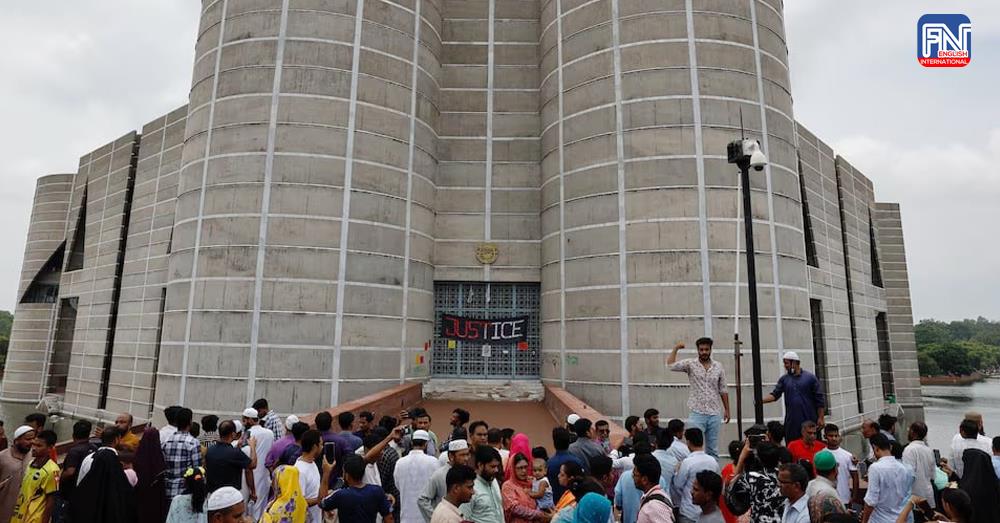DHAKA, Aug 6 (Reuters) - Nobel Peace Prize laureate Muhammad Yunus was named chief adviser of Bangladesh's interim government on Tuesday, a day after Prime Minister Sheikh Hasina resigned and fled the country following a violent crackdown on a student-led uprising.
Yunus was appointed to the post by Bangladesh President Mohammed Shahabuddin after he held meetings with student leaders and chiefs of the three military services, local media reported late on Tuesday, citing a statement and officials from the president's office.
Yunus, 84, and his Grameen Bank, a microcredit organization, won the 2006 Nobel Peace Prize for work to lift millions out of poverty by granting small loans of under $100 to the rural poor of Bangladesh.
The student leaders had said they wanted Yunus as the chief adviser to the interim government and a spokesperson for Yunus said he agreed. Yunus is in Paris for a medical procedure and is expected to return to Dhaka soon.
There was no immediate comment from him in response to the appointment. It was also not immediately known when the interim government would take charge.
Earlier on Tuesday, Shahabuddin dissolved parliament, clearing the way for the interim government and new elections.
His office also announced that the leader of the opposition Bangladesh Nationalist Party, Begum Khaleda Zia, a former prime minister who had feuded with Hasina for decades, had been freed from house arrest.
Student protesters had threatened more demonstrations if parliament was not dissolved.
Shahabuddin had said earlier that an interim government would hold elections soon after it takes over. Nahid Islam, a key organiser of the campaign against Hasina, said in a video message: "Any government other than the one we recommended would not be accepted."
The movement that toppled Hasina rose out of demonstrations against public sector job quotas for families of veterans of Bangladesh's 1971 independence war, seen by critics as a means to reserve jobs for allies of the ruling party.
About 300 people were killed and thousands injured in violence that had ripped through the country since July.
After demonstrators stormed and looted the prime minister's lavish residence on Monday, the streets of the capital Dhaka were again peaceful on Tuesday, with traffic lighter than usual and many schools and businesses that shut during the unrest still closed.
Garment factories, which supply apparel to some of the world's top brands and are a mainstay of the economy, will reopen on Wednesday after being shut due to the disruptions, the main garment manufacturers' association said.
Hasina's flight ended her 15-year second stint in power in the country of 170 million people, which she had ruled for 20 of the last 30 years at the helm of a political movement inherited from her father, state founder Mujibur Rahman, after he was assassinated in 1975.
Since the early 1990s Hasina had feuded and alternated power with her rival Zia, who inherited her own political movement from her husband Ziaur Rahman, a ruler himself assassinated in 1981.

Photo from Reuters